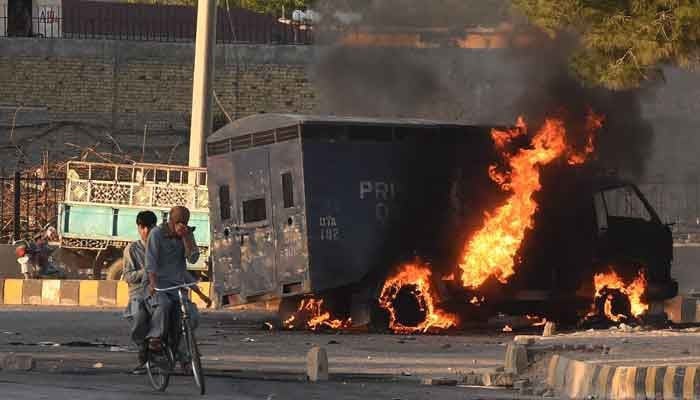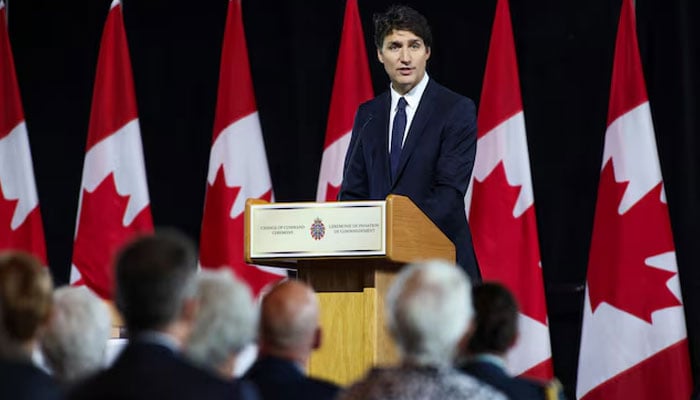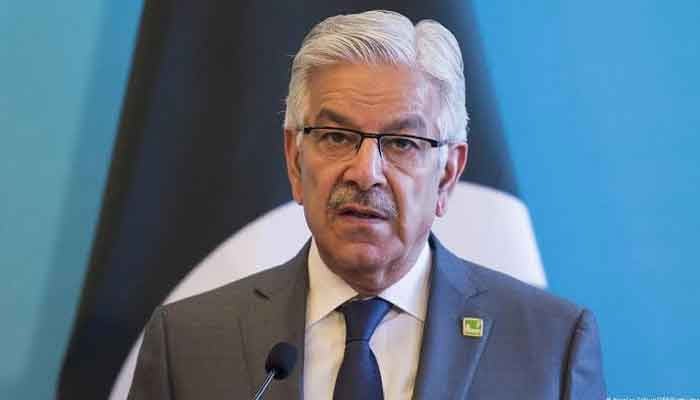Travel
Apprehension of AL’s comeback
字号+ Author:Smart News Source:US 2025-01-15 08:02:17 I want to comment(0)
IT seems that the apprehension of Awami League’s return is haunting the interim government, occasionally affecting its activities and decision-making. The fear of a “return of AL” or a “counter-revolution” is not unfounded. Dictator Sheikh Hasina fled the country in the face of a mass uprising, but the oppressive system she built over the last 15 years has yet to be dismantled. The interim government has formed various commissions for reform, but it may take time and effort to see much tangible results. So, the government must remain vigilant regarding the activities of powerful individuals, institutions, and organisations associated with the past regime. But it should not confuse the manoeuvring of power brokers with the movements of the mass people. It is natural that after the end of a long undemocratic regime, various sections of society will raise long-suppressed demands. The apprehension about infiltration of these movements by allies of the previous regime is not unreasonable. In this context, how should these movements be addressed? The democratic approach to understanding which demands are reasonable, which are unreasonable, which are part of a conspiracy, and which stem from real issues is to engage in dialogue with the activists and stakeholders. However, we observe that when any group raises its demands, rather than initiating dialogue, efforts are made to immediately label the activists as enemies of the government and as part of the AL’s comeback conspiracy. This approach is reminiscent of how every movement was framed as a BNP-Jamaat conspiracy during Hasina’s regime. Not only the newly emerged movements, but even those that originated during the Hasina regime are now being labelled as AL conspiracies. An example of this is the movement of workers and officials from the Palli Bidyut Samity (PBS). The 80 PBS organisations are responsible for supplying electricity to rural areas, and they are centrally regulated by the Bangladesh Rural Electrification Board (REB)—a statutory body under the Ministry of Power, Energy and Mineral Resources. Since January this year, PBS workers have been protesting, demanding an end to REB’s dual administration, the elimination of discrimination and oppression, the integration of REB and PBS, the implementation of a unified service code, and the regularisation of irregular or contractual employees. PBS workers complain that REB is exploiting the PBSs in the name of regulation. REB buys low-quality equipment, which PBSs are forced to use to maintain the distribution system. If anyone protests, they are transferred, reprimanded, or punished. Additionally, REB charges PBSs 3 percent interest on the cash fund provided by the government to manage PBSs activities. This interest is deducted from the cross-subsidy that profitable PBSs provide to those that are loss-making. As a result, the loss-making PBSs become weaker without receiving the necessary subsidy, while REB increases its savings by depositing the interest in the bank.—The Daily Star/ANN
1.This site adheres to industry standards, and any reposted articles will clearly indicate the author and source;
 Related Articles
Related Articles-
Nepra report: Seven taxes inflate Rs7.62 electricity to Rs45 per unit
2025-01-15 07:50
-
کزرم کے متخاصم قبائل نے دنوں تک جاری رہنے والے جرگے کے بعد امن معاہدہ کرلیا ہے۔
2025-01-15 06:09
-
ہوائی فائرنگ سے منع: عاصمہ نے سال نو کے موقع پر ذمہ داری سے جشن منانے کی اپیل کی
2025-01-15 05:52
-
کم آمدن والے ملازمین کے لیے حج لیبر کوٹہ کے تحت نامزدگی کی درخواستیں مطلوب ہیں۔
2025-01-15 05:19
 User Reviews
User Reviews Recommended Reads
Recommended Reads Hot Information
Hot Information- Karachi police announce filing attempt to murder case over aerial firing on New Year’s Eve
- کم آمدن والے ملازمین کے لیے حج لیبر کوٹہ کے تحت نامزدگی کی درخواستیں مطلوب ہیں۔
- وزیراعظم شہباز شریف نے اقتصادی ترقی کے لیے برآمدات پر مبنی ترقی اور سیاسی استحکام پر زور دیا۔
- عُرآن پاکستان: وزیراعظم شہباز نے اقتصادی خوشحالی کو سیاسی ہم آہنگی سے جوڑا
- ASI among two KP police personnel martyred in Shangla Check post ambush
- کم آمدن والے ملازمین کے لیے حج لیبر کوٹہ کے تحت نامزدگی کی درخواستیں مطلوب ہیں۔
- وزیراعظم شہباز شریف نے اقتصادی ترقی کے لیے برآمدات پر مبنی ترقی اور سیاسی استحکام پر زور دیا۔
- کزرم کے متخاصم قبائل نے دنوں تک جاری رہنے والے جرگے کے بعد امن معاہدہ کرلیا ہے۔
- Historic Win for Pakistan as Mahnoor Ali, Harmas Raja claim US Junior Open Gold
 Abont US
Abont US
Follow our WhatasApp account to stay updated with the latest exciting content













